We’ve just celebrated the 50th anniversary of the mobile phone. But should it really be a celebration?
Generation Z has never known life without a mobile phone, but us old Generation X folk remember it very clearly.
In some ways, life without a phone in your pocket was ridiculous. Once, as a cub reporter in Devon, I was driving the radio station car to an interview when the DJ on the radio said: “This is a message for Eleanor Bradford: if she is listening, please can she call the studio urgently.”
I was in the middle of Dartmoor and spent 10 minutes frantically driving around to find a phone box. Thankfully, I had 50p in my purse, which was enough to ring the station and discover that the radio car was needed elsewhere for an outside broadcast. (Not my fault! The producer had forgotten to sign the logbook to say the car was needed – and I’d like it to be noted that I was dutifully listening to BBC Radio Devon and hadn’t switched over to the commercial station which played better music.)
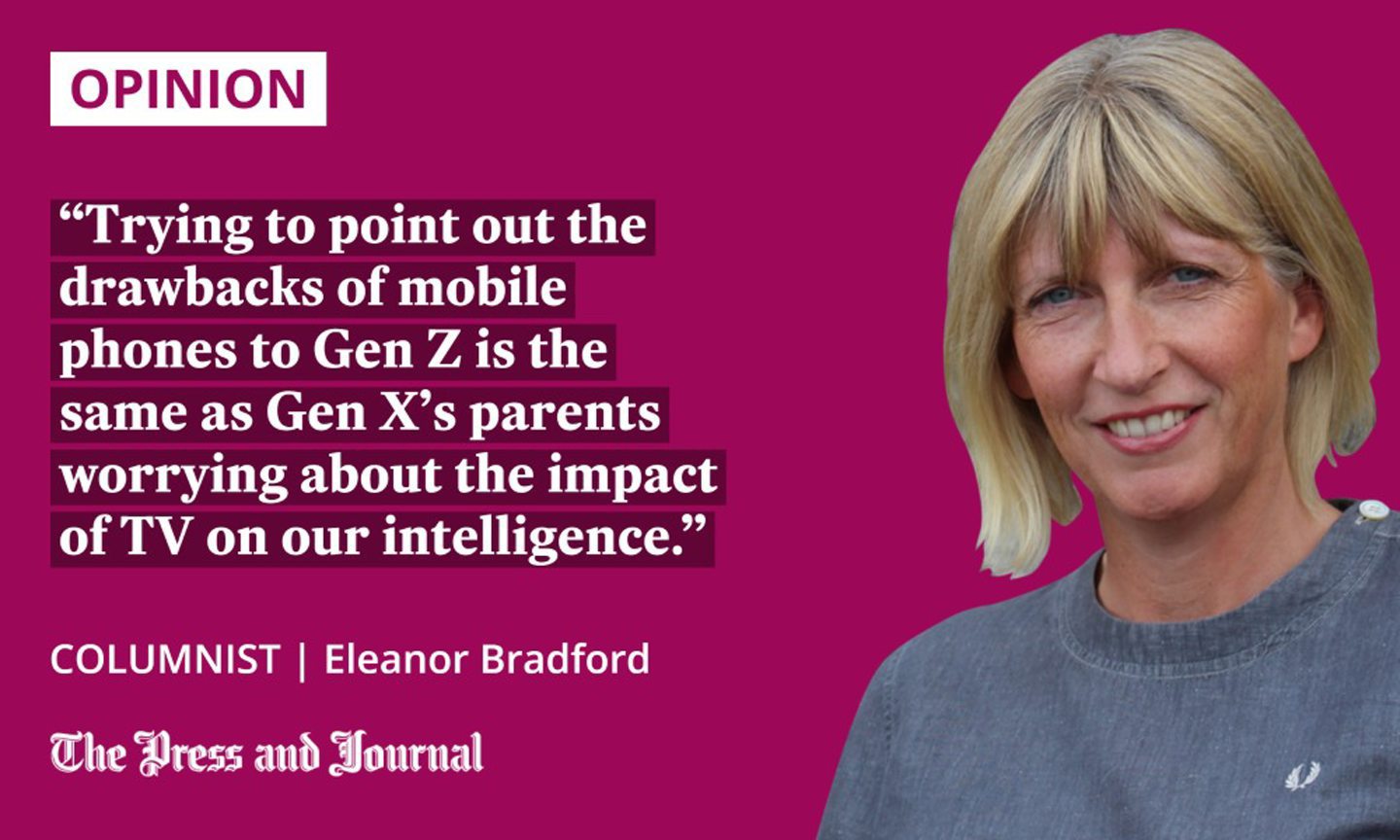
Mobile phones certainly made communicating at work a lot easier. It also transformed social lives. Remember the equally ridiculous teenage years when we drove our parents mad by hogging the one and only phone line in the house for hours whilst we chatted to our friends all evening, not to mention running up a huge phone bill?
How incredibly old-fashioned that seems to Generation Z. I am writing this in the pub, and tell my 13-year-old about life before mobile phones. He looks up from his phone for a second, absorbs another nugget of parental oddness and then uses a filter on his phone to turn my face into a horse’s head.
I’m so old to him that he once asked me whether, when I was little, “everything was in black and white”? To him, my life without a mobile phone is the equivalent of Fred and Barney from the Flintstones, running along to power cars with stone wheels.
When he is in his bedroom for hours on his phone, playing Roblox with a friend, I wonder if I am being a bad parent. At least, the thought briefly flits through my mind as I enjoy the peace and quiet and a glass of wine.
I ask myself: What’s the difference between that and the long landline calls I made every evening as a teenager? In fact, playing Roblox is probably more mentally stimulating than talking about boys, bands and hairstyles for hours. This human contact is a lifesaver for him in our rural home with only pigs, chickens and a dog for company.
The world has changed, just as it always does
But I can see how much technology has changed the way friendships work. Mobile phones make it far easier to keep up with old friends than to make new ones.
A colleague recently explained to me that her brother had moved back home because he was lonely at university. Lonely? At university? But then I realised that university nowadays is very different.
When I arrived in student halls, the only option to avoid chronic boredom was to step outside your door and meet other people. The corridors, kitchens and unions were buzzing with activity. But my colleague’s brother said these spaces are now empty, as everyone stays in their rooms and posts on social media, no doubt saying how much they are living their best life.
The world has changed, just as it always does. Trying to point out the drawbacks of mobile phones to Gen Z is the same as Gen X’s parents worrying about the impact of TV on our intelligence. We all remember the kid from school who didn’t have a TV at home: clever, perfectly nice, but unable to join in 99% of conversations because they were all about TV shows.
The teens who don’t have phones nowadays must be in a similar situation. I respect the parents’ decision and admire their ethics, but it must be hard going for the kid.
Mobile phones are fast becoming old news
Back to the pub. I ask my 13-year-old whether he thinks mobile phones were a good invention. He says they’re good, except when you use them to look at things you shouldn’t, or for cyberbullying. This, I think, pretty much sums up the situation. And there are children in his class secretly on their phones during lessons, but not him, he says.
The issue now is that mobile phones are fast becoming old news. The new “threat” is on the horizon already: artificial intelligence.
My son will tell his kids about WhatsApp and Snapchat and how the only entertainment in those days was to use a filter to turn granny into a horse
My son is actually Generation Alpha, and he and his peers will have their lives transformed by everything AI is capable of. Like TVs and mobile phones, it will have its pros and cons.
My son will tell his kids about WhatsApp and Snapchat and how the only entertainment in those days was to use a filter to turn granny into a horse. They’ll roll their eyes at his boring stories and turn back to their technology. But what their technology will look like will probably blow our minds.
Eleanor Bradford is a former BBC Scotland health correspondent and now works in communications
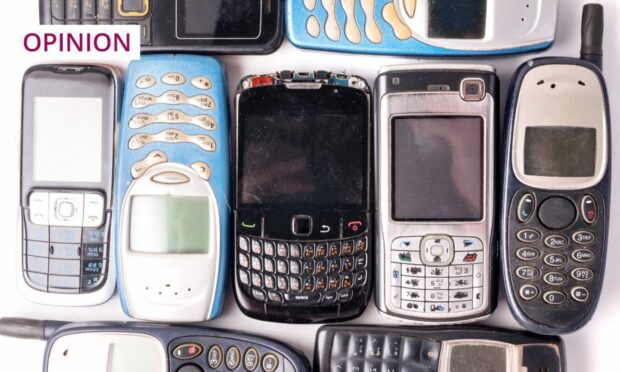
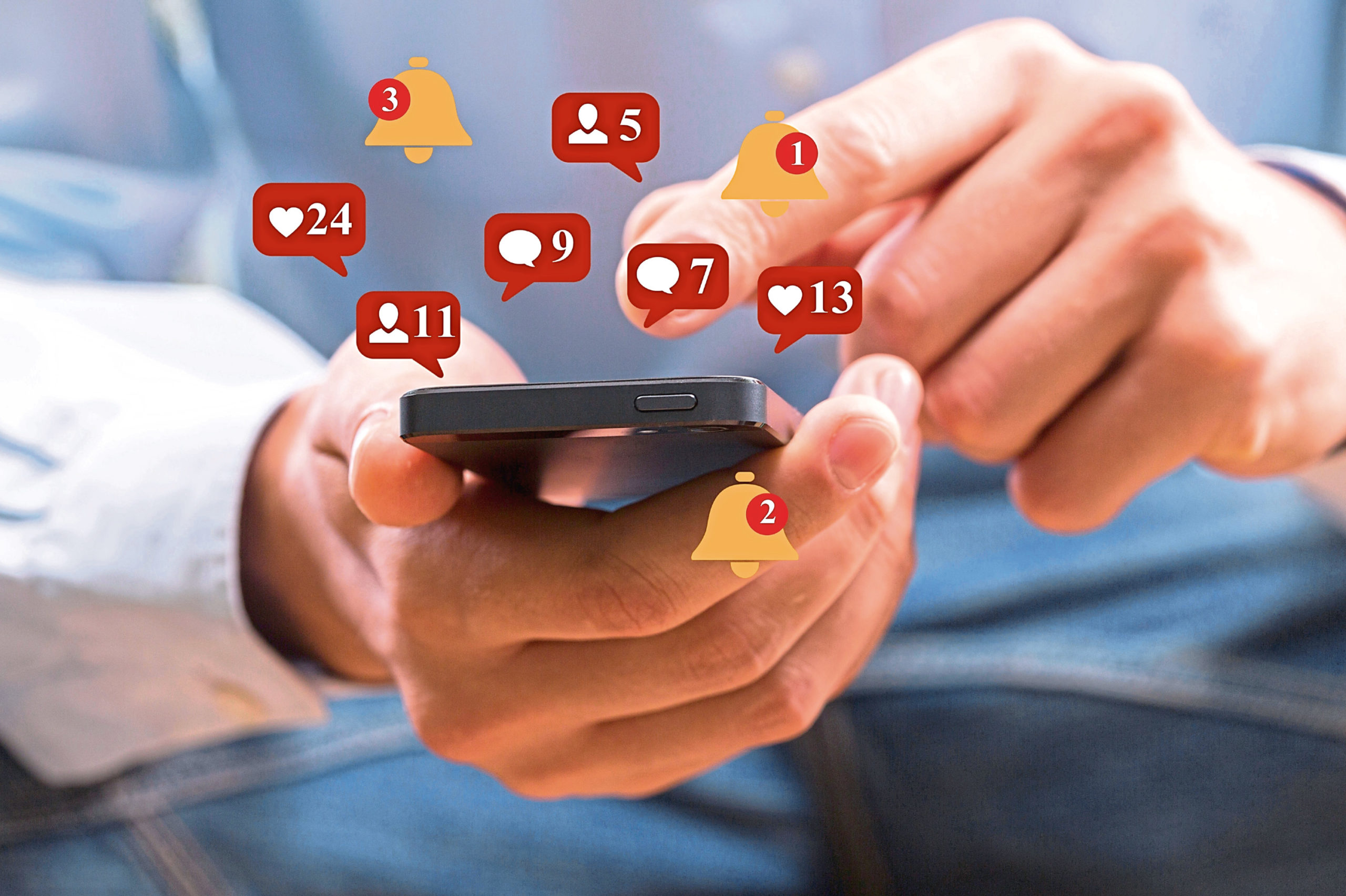

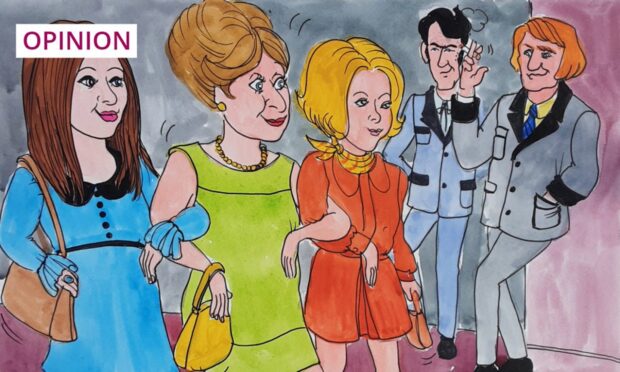


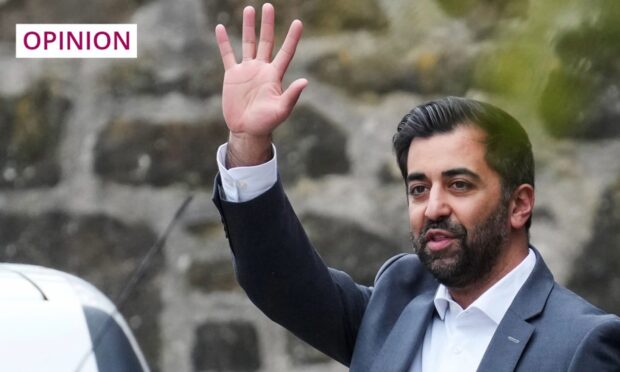






Conversation